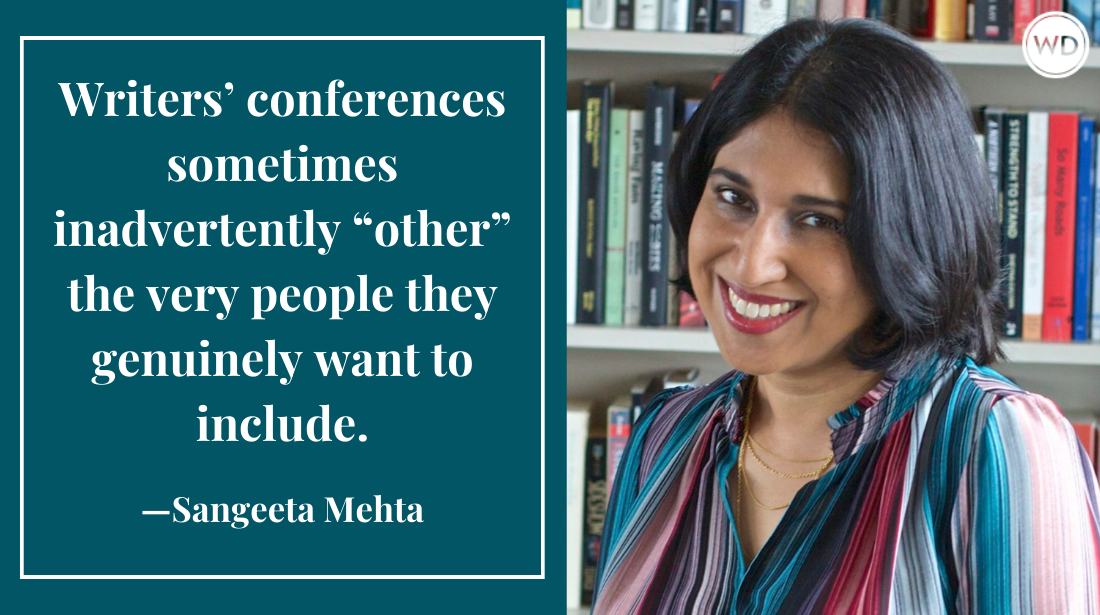The DGA Deal… What’s It Mean?
Hey, screenwriters– So: the DGA signed its deal with the AMPTP last night, and Hollywood is abuzz with what it means for directors, writers, actors, the strike, and the future…
Hey, screenwriters--
So: the DGA signed its deal with the AMPTP last night, and Hollywood is abuzz with what it means for directors, writers, actors, the strike, and the future of Hollywood. Of course, the actual language of the contract itself has yet to be put together, so right now, all the speculation is just that... speculation. A lot of people's questions and confusions will be cleared up and clarified once the actual document is released.
I had initially planned on detailing each of the contract's points here and discussing what each of them potentiall means. But the truth is-- there are a TON of sites and commentators out there already chatting and analyzing, and they're all probably smarter than I am. So rather than make you trudge through my own thoughts, I thought I'd link to some of the better articles out there and read for yourself.
But just to get you started, I'll say this: the Directors Guild negotiated seven main points...
• Increases in wages, residuals, and healthcare.
• Jurisdiction over online content based on pre-existing shows and movies
• Jurisdiction over original online content (as long as it costs over $300,000)
• Residuals for electronic sell-throughs (downloads, video-on-demand, etc.)
• Compensation for ad-supported streams of movies and TV shows
• A sunset clause stating all this can be revisited when the contract expires again in three years
I think the DGA made great progress on some of these points. They got jurisdiction over new media, which is terrific, and I even think the residual compensation for streaming is fair (up to $1200 for the first year, which doesn't seem like a lot, but I actually think is decent when taking into account the amount of revenue generated from streams versus revenue from traditional TV and movies).
Anyway, I'll be back shortly with more great tips and writing advice. Coming up in the next few days...
• We'll hear from Tracy Grant, a writer on ABC Family's drama, Lincoln Heights, about surviving your first year a TV writers room
• We'll talk to Chelsea Lately producer Brad Wollack about breaking in and writing for talk shows
• Plus, we'll have some great new resources and tools for screenwriters and film/TV fans across the country.
But first, here are some great informative pieces about the DGA/AMPTP deal, along with varying opinions of what it means (and I'll add others as I find them)...
United Hollywood: "First Glance at the Deal Summary"
And most importantly...
THE NEGOTIATING TABLE
Jane Friedman is a full-time entrepreneur (since 2014) and has 20 years of experience in the publishing industry. She is the co-founder of The Hot Sheet, the essential publishing industry newsletter for authors, and is the former publisher of Writer’s Digest. In addition to being a columnist with Publishers Weekly and a professor with The Great Courses, Jane maintains an award-winning blog for writers at JaneFriedman.com. Jane’s newest book is The Business of Being a Writer (University of Chicago Press, 2018).






